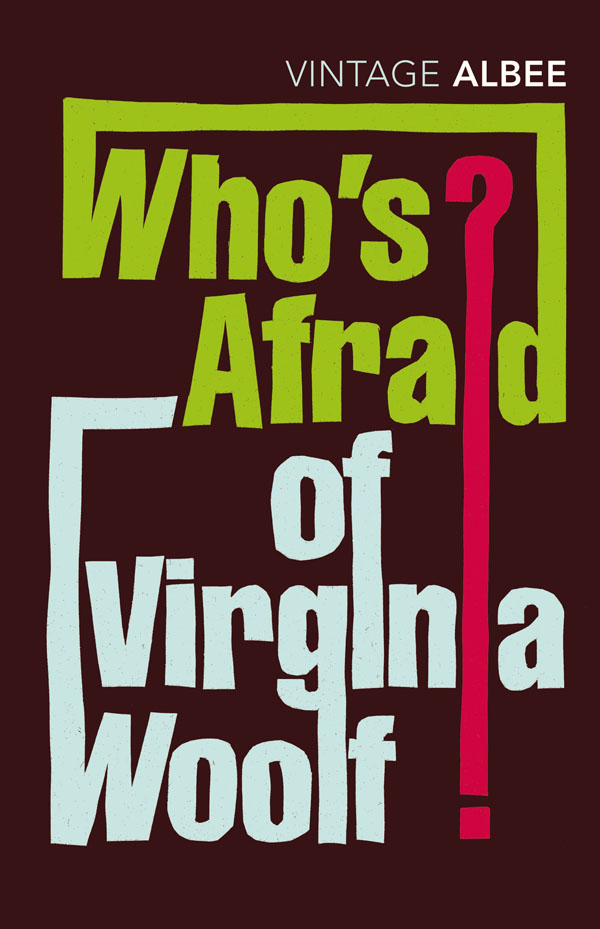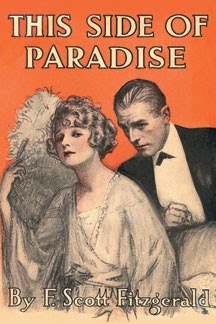The Zoo Story
 The Zoo Story (1958), The American Dream (1961), and Who’s Afraid of Virginia Woolf? (1962), three plays by Edward Albee. Albee is American dramaturgy’s master of black comedy and social satire. In The American Dream he lambasts that concept in a one-act farce featuring an over-the-top dysfunctional family and a murder.
The Zoo Story (1958), The American Dream (1961), and Who’s Afraid of Virginia Woolf? (1962), three plays by Edward Albee. Albee is American dramaturgy’s master of black comedy and social satire. In The American Dream he lambasts that concept in a one-act farce featuring an over-the-top dysfunctional family and a murder.
 Their Eyes Were Watching God
Their Eyes Were Watching God Things Fall Apart
Things Fall Apart This Side of Paradise
This Side of Paradise Tinker, Tailor, Soldier, Spy
Tinker, Tailor, Soldier, Spy To Kill a Mockingbird
To Kill a Mockingbird Tom Jones
Tom Jones  Treasure Island
Treasure Island Tristram Shandy
Tristram Shandy